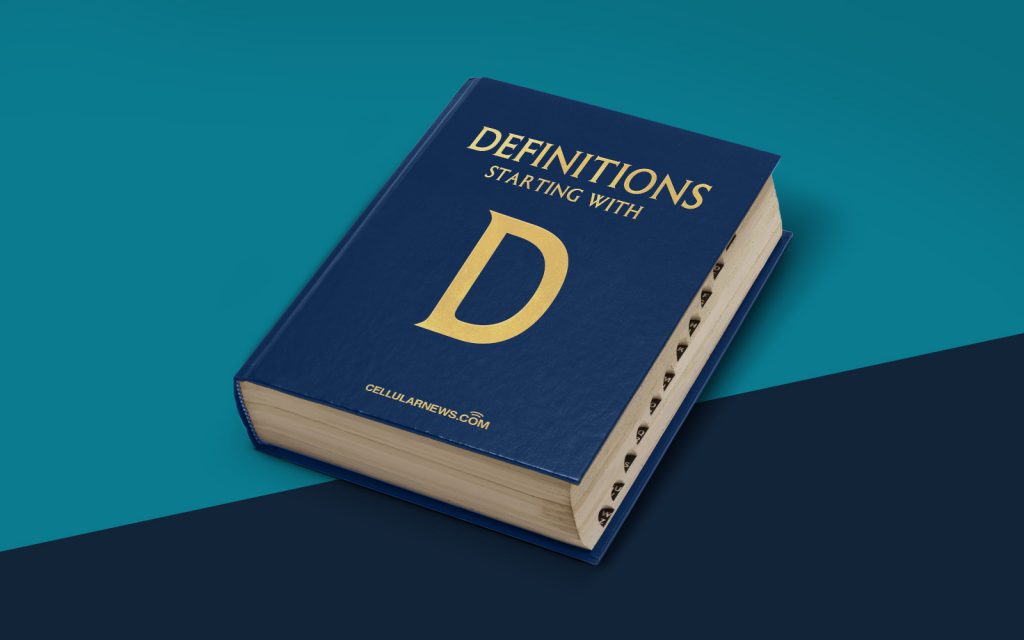
What is Domain-Based Message Authentication, Reporting and Conformance (DMARC)?
Welcome to the “DEFINITIONS” category of our blog! In this post, we will be delving into the world of Domain-Based Message Authentication, Reporting and Conformance (DMARC). So, buckle up and get ready to unravel the mysteries of this important email authentication protocol.
DMARC is an email authentication protocol that helps prevent email fraud and phishing attacks. It allows domain owners to specify how their emails should be handled by receiving mail servers. By implementing DMARC, organizations can protect their brand reputation, reduce the likelihood of email spoofing, and provide a safer email experience for their recipients.
Now, let’s get into the nitty-gritty of DMARC:
Key Takeaways:
- DMARC stands for Domain-Based Message Authentication, Reporting and Conformance.
- DMARC helps prevent email fraud and phishing attacks by allowing domain owners to specify email handling policies.
How Does DMARC Work?
DMARC builds upon two existing email authentication mechanisms: Sender Policy Framework (SPF) and DomainKeys Identified Mail (DKIM). SPF verifies that the sending server is authorized to send email on behalf of a specific domain, while DKIM allows the recipient to verify that the email has not been tampered with during transit.
With DMARC, domain owners can define a policy for email messages that fail SPF and DKIM checks. They can choose to either reject or quarantine these messages, or request that receiving mail servers send them a report of the failed attempts. This provides visibility into potential abuse of their domain and helps organizations take necessary action to protect themselves and their recipients.
The Benefits of Implementing DMARC:
Implementing DMARC offers several key benefits:
- Brand Protection: DMARC helps protect your brand reputation by preventing malicious actors from impersonating your domain and sending fraudulent emails.
- Email Deliverability: By configuring your DMARC policy correctly, you can increase email deliverability rates, ensuring that your legitimate emails reach their intended recipients.
- Security Enhancement: DMARC provides an additional layer of security by addressing the vulnerabilities associated with email spoofing and phishing attacks.
The Future of DMARC:
DMARC continues to gain traction and adoption across the email ecosystem. Major email providers, including Gmail, Yahoo, and Microsoft, have already embraced DMARC and actively support it. As more organizations recognize the importance of email security, DMARC is likely to become the industry standard for email authentication.
In conclusion, if you own a domain and want to ensure a secure and trustworthy email experience for your recipients, implementing DMARC is a must. By defining clear email handling policies, you can protect your brand, enhance email deliverability, and contribute to a safer digital environment.
